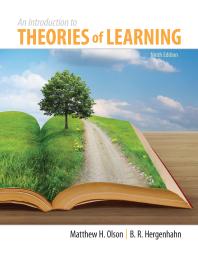

"Learning Theories" diagram by Paul Fulbrook at teacherofsci.com labeled "click to share"
 Introduction to Theories of Learning
by
Matthew H. Olson
Introduction to Theories of Learning
by
Matthew H. Olson
 Educational Learning Theories, 2nd Edition: This open textbook was developed by Zhou & Brown (2017) from Dalton College as part of Galileo, a repository for open educational resources created through OpenGeorgia. This text includes twelve chapters, many illustrations of concepts, and reference lists at the end of each chapter
Educational Learning Theories, 2nd Edition: This open textbook was developed by Zhou & Brown (2017) from Dalton College as part of Galileo, a repository for open educational resources created through OpenGeorgia. This text includes twelve chapters, many illustrations of concepts, and reference lists at the end of each chapter
Coverage of humanities disciplines including history, language & literature, art & art history, education, philosophy, classical studies, and music. Also includes a digitized group of rare 19th and early 20th century American Art periodicals.
The first online collection of streaming video developed specifically for training and developing teachers. Includes videos of teaching demonstrations, lectures, documentaries, and primary-source footage of students and teachers in actual classrooms.